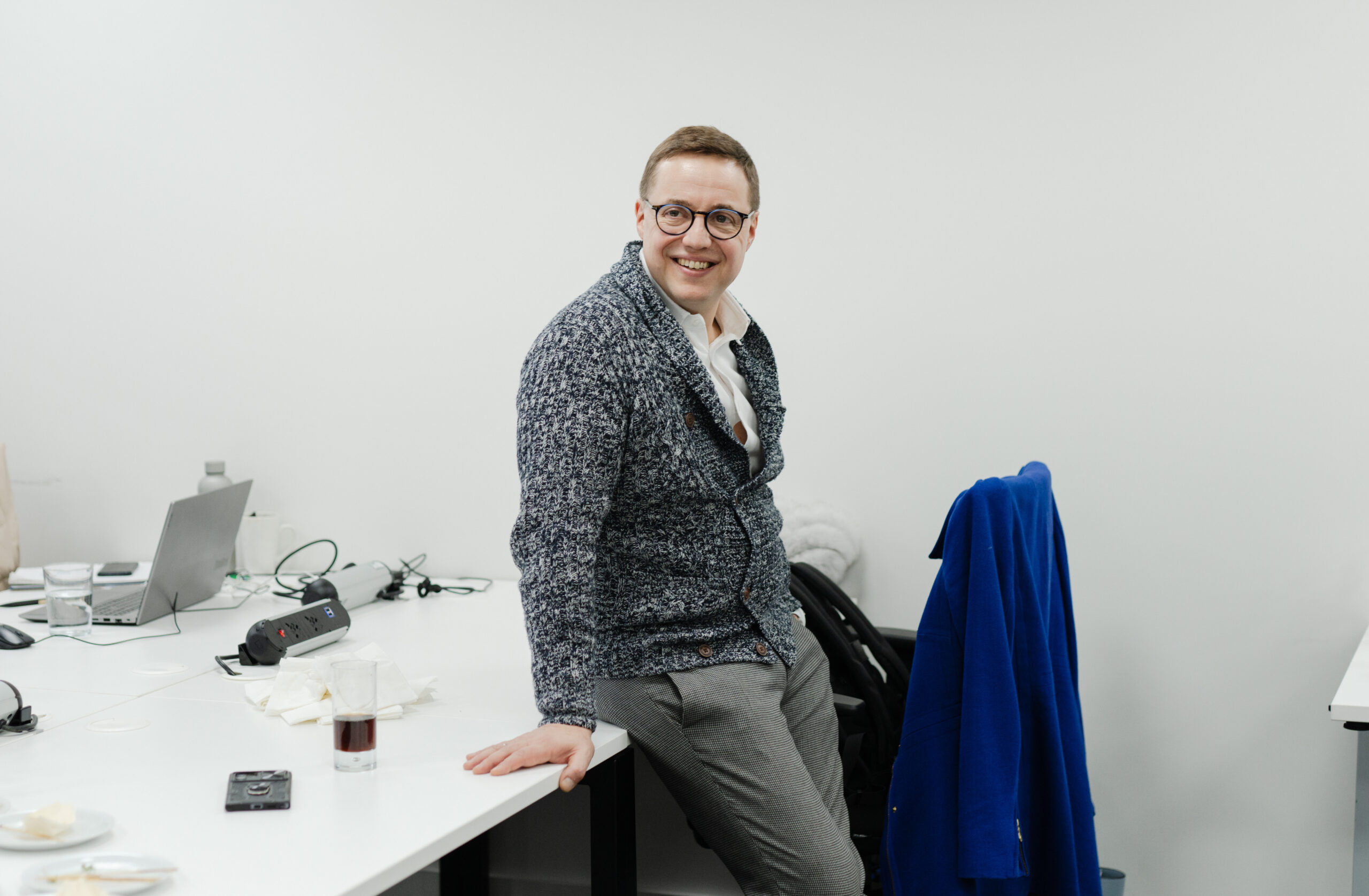Establishing a global fintech startup presents numerous possibilities. By embracing the future of work and tackling the distinctive obstacles of operations, business owners can establish a thriving enterprise that taps into the talents of a global workforce while adapting to the changing nature of work in the digital age.
Nonetheless, it is not without its difficulties. When team members are scattered across different locations, effective communication and collaboration become crucial. To overcome this, it is essential to employ suitable digital tools and platforms. Also, it’s pertinent to establish clear channels of communication and foster a culture of transparency and accountability. These measures are vital in ensuring a unified and productive team.
To gain a comprehensive understanding of the intricacies involved in launching and building a global startup in the UK, we explore the personal journey of Max Faldin. Max is a serial entrepreneur who embarked on this transformative endeavour amidst the Covid-19 pandemic by establishing a fintech company called Silverbird.
Silverbird is a remote-native (as you call it) company. Do you believe it is safe and efficient to manage people this way?
In my opinion, the assurance of safety is not solely reliant on individuals being physically present in the office on a daily or regular basis. Instead, it stems from having strong processes in place for security checks, compliance, and other relevant measures.
Do you have a policy in place to monitor the work of your remote employees?
We have a policy for monitoring the work of junior employees, specifically during their initial three to five months. However, beyond that timeframe, we believe in minimising policies as much as possible.
How do you make sure new employees are being set up for success in their new roles?
When you hire a new employee, the first 90 days are crucial. That’s why onboarding and setting up proper expectations, especially plans for the first 30-60-90 days should be hands-on. Which means you as the manager must get your hands dirty. Hiring a new employee often means more work before it becomes less work. I am a strong believer of the notion that the number of unsuccessful onboarding and unsuccessful employees are often correlated to the robustness of this initial 30-60-90 days planning.
In managing people day to day, it can be easy to start feeling stagnant. What is your go-to rule for breaking out of a rut?
One piece of advice to share here is to wake up early. Wake up early and make your first two hours your deepest work hours without any interruption. Before you look at your first email, before you answer your first text message, just work on something. Just one thing that you planned, probably from the previous day. And do it before everybody else wakes up in the family.
Is there any skill you would like to master to improve your work and life as a business leader?
Building a business is a constant learning curve. You always learn about your business, you always learn about your customer, and you always learn about your business model. In a way, as the founder of a high-tech startup, you are the Chief Learning Officer, ultimately responsible for your own and your team’s learning curve.
I’ll give you a personal example. My previous company was an e-Commerce marketplace, Wikimart, the “eBay of Russia”. E-Commerce is never a product-driven company but banking. Which is what I am doing now with my new startup Silverbird.
So now I’m learning how to run a product-driven company. How to lead the product-driven culture, how to serve customers and attract new ones, how to make them loyal and retain them properly, not through marketing, but through product. That’s a very different set of skills and is a major piece of the learning that I am doing daily.
Through continuous learning, prioritising efficient communication, harnessing robust technological infrastructure, and cultivating a vibrant company culture, Max Faldin has positioned his fintech Silverbird for prosperity.
Silverbird’s unwavering commitment to proactively tackling obstacles, as well as embracing the advantages of remote work, paves a promising path towards their aspirations, enabling them to unlock the full potential of their startup.
What are your future plans for product development at Silverbird?
According to our co-founder, Georgy Babilashvili, the driving force behind our product development and market growth, our primary focus will continue to be the expansion and enhancement of our comprehensive risk scoring tool.

Georgy outlines that our initiatives include the integration of advanced AI functionalities, the augmentation of corporate datasets, and the extension of shipment data verification not only for our clients but also for their suppliers, customers, and the counterparts of the latter. He envisions that this strategic approach will establish three layers of confidence within our profiles. Our ultimate objective is to craft a fully digital, AI-supported AML scoring mechanism capable of delivering independently verified profiles for 99% of SMEs worldwide seeking financial services. I am delighted to have such an innovative business partner and a dedicated, talented team. I am confident that, together, we will propel Silverbird to new heights.



































